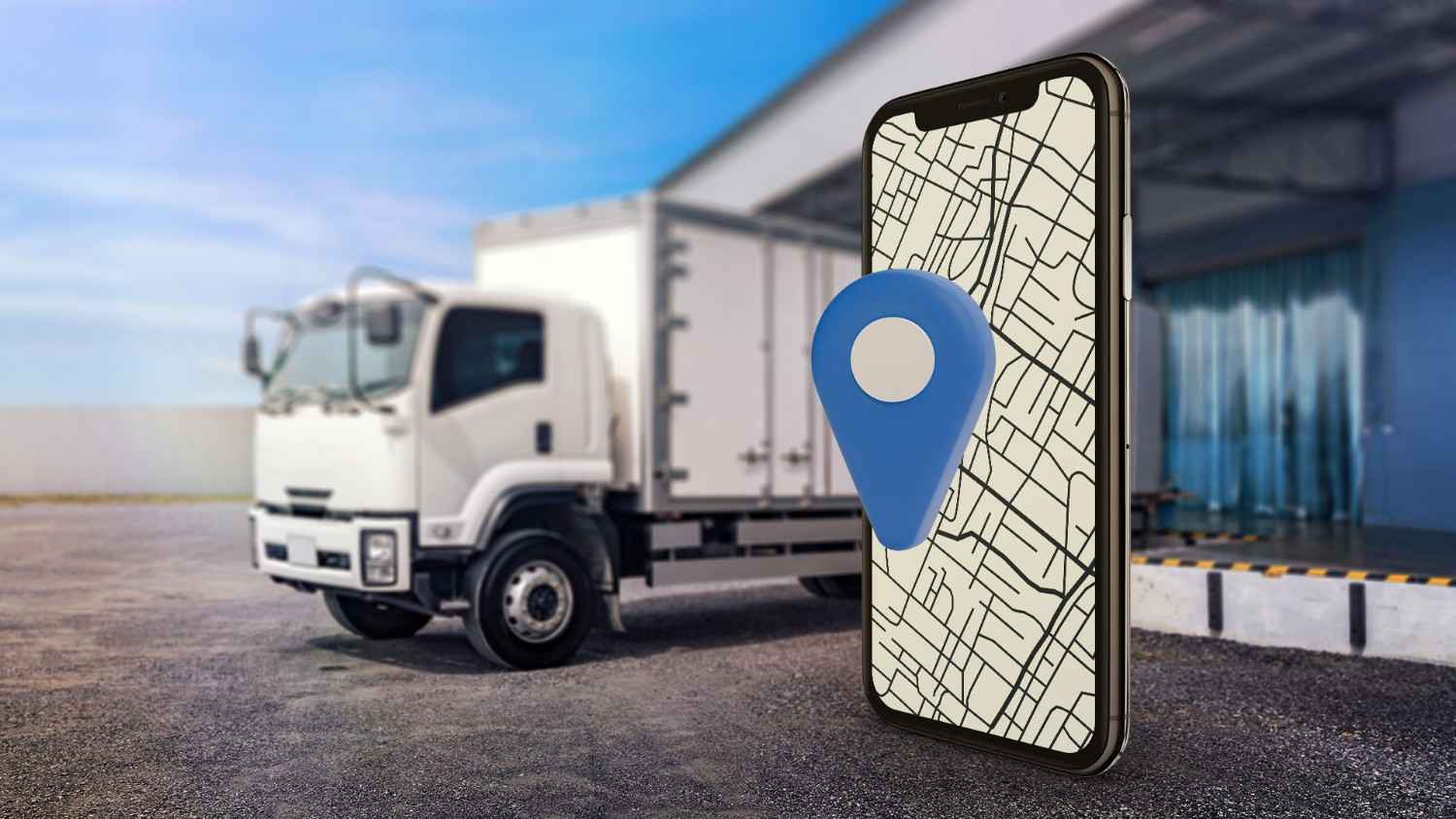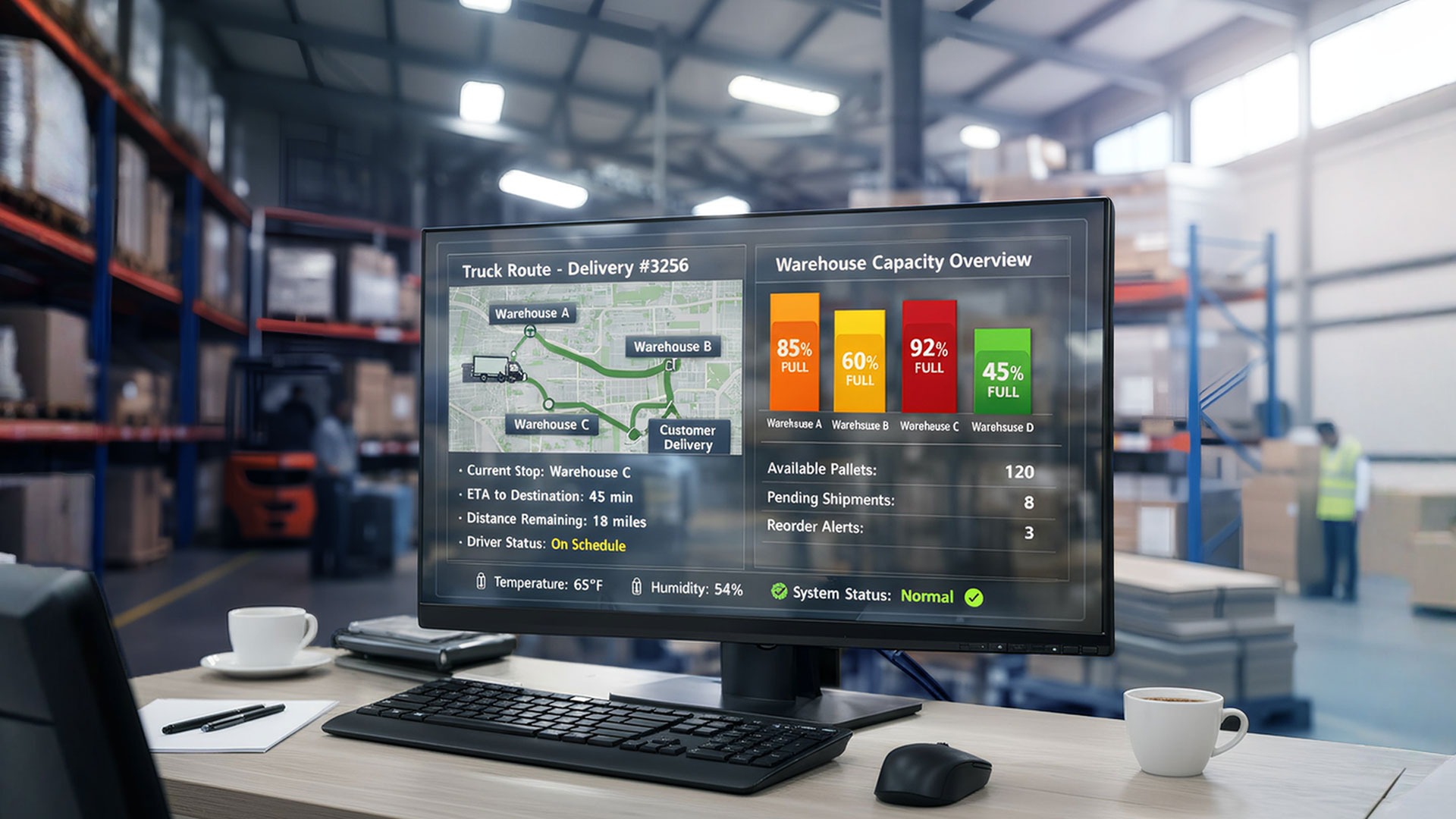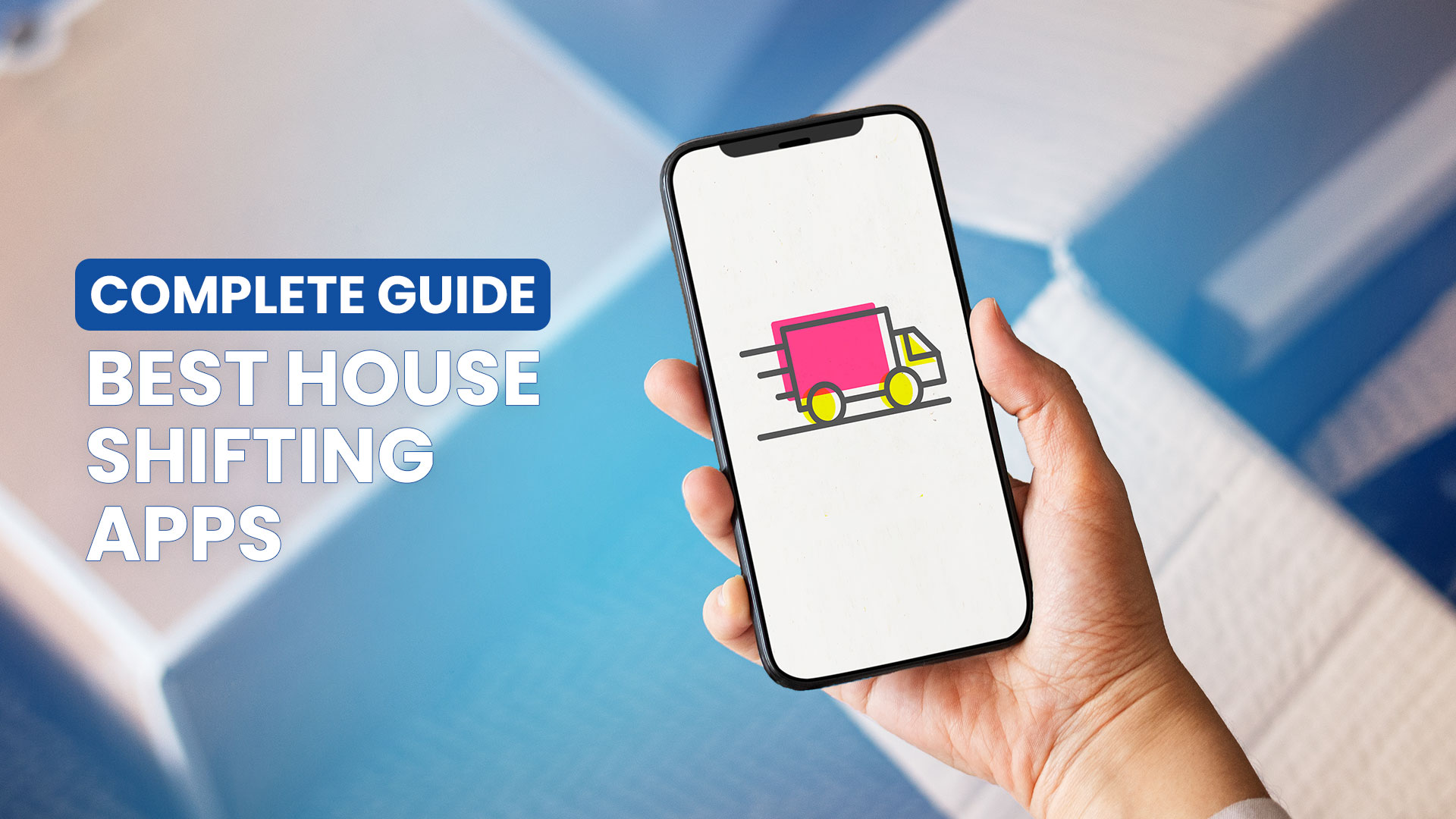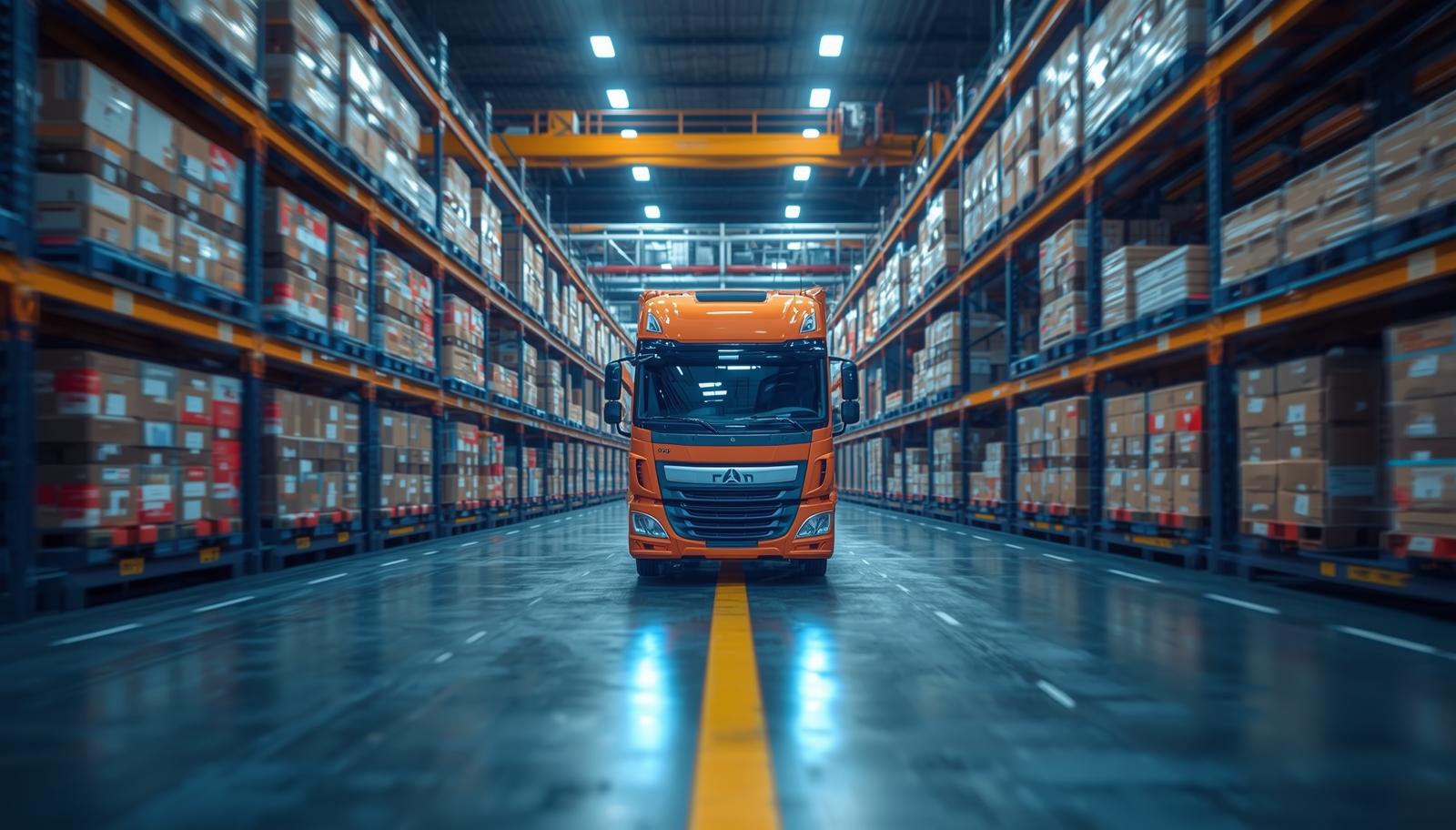
The supply chain can hardly function without freight management, which facilitates the movement of goods. The Middle East is a trade and logistics heaven and hence it is not surprising that businesses can apply innovative technologies such as real-time tracking systems to manage freight. Such technologies have advantages to managers of logistics firms and their clients in regions within complex transport corridors such as the Gulf Cooperation Council (GCC) or those characterized by difficult terrain and time deadlines for deliveries.
In this blog, we will explore how real-time tracking is improving freight management practices in the Middle East and what are the main areas of its development, including the benefits of such practices. This gives them the ability to improve their processes, and more importantly, helps them be on par with global standards in fierce business competition.
The Significance of Real-Time Tracking in Freight Management
Managing shipments through systematic tracking so that one has access to the whereabouts of a vehicle, consignment, or property or an asset wherever one is using GPS and satellite tracking. When it comes to freight management, this allows for maximum visibility and control over all aspects of the transportation cycle making it more efficient.
Historically, transportation companies interacting with customers in the Middle East have optimized their business processes based on inefficient and slow communication and tracking systems. Such issues as delays, miscommunications, and the inability to track goods have been rather prevalent. Real-time tracking provides a solution to these problems by conveying information on the movement of goods almost instantly. This insight allows heads of logistics to take appropriate actions in a timely manner and minimizes the risk of loss or delay of packages.
Why is the Middle East So Important?
The Middle East is central as its geo coordinates sit conveniently in between the regions of Asia, Europe, and Africa. The region’s logistics infrastructure is experiencing rapid growth with enormous investments in port rail and road construction. Countries such as the UAE and Saudi Arabia are actively involved in developing logistics parks and free trade area zones. With these advancements, real-time tracking of activities helps corporations in route optimization, among other things, vehicle performance management, and safe delivery within the required geology and numerous border policies.
Key Technologies Powering Real-Time Freight Tracking
In the Middle East, the increase in demand for freight management systems that offer real-time tracking features has been accelerated by the introduction of IoT (Internet of Things), and the increase in the use of GPS, telematics systems, and cloud computing. The following discusses some of the technologies that are enabling this change in more detail:
- GPS and Telematics Systems
The most important aspect of real-time monitoring is the Global Positioning System. Integrating it with telematics, extensive information is harvested within the onboard diagnostics system such as vehicle location and speed, fuel consumption, and driving patterns. This information is sent to a central system from which logistics managers can easily navigate their respective dashboards to obtain information. - IoT Sensors
Shipping containers, freight trucks, and storage areas are equipped with IoT sensors that give accurate information on the state of the transported commodities. For instance, temperature sensors retrieve data to control the storage conditions of highly perishable items, while self-activation sensors provide readings on unexpected movements or impacts. - Cloud-Based Platforms
The deployment of cloud technology within logistics helps companies gather, assess, and distribute tracking information in real time. Cloud solutions provide unlimited growth potential and allow the management of many fleets and shipping routes via a single easy-to-use management control. Collaborative logistics is also achievable through these platforms since shippers, carriers, and even end-users of the service can access data simultaneously. - AI and Machine Learning
Large amounts of tracking information and AI systems such as Machine Learning are applied within this sphere to identify trends and patterns within data and to anticipate possible challenges. For example, an AI may predict the chances of traffic jams or the weather that may interfere with deliveries and recommend different routes to mitigate the problems.
Benefits of Real-Time Tracking for Freight Management in the Middle East
The introduction of real-time tracking systems is revolutionizing freight management in the Middle East. Let us explore some of the advantages that such technology would bring to the companies:
- Enhanced Visibility and Control
Thanks to real-time tracking, logistics managers can oversee not only their fleets but also their shipments. The manager can thus know where each vehicle is at any particular moment, assess the performance of drivers, and be advised in real-time in case a vehicle deviates from its scheduled plan. Such control is especially useful in the case of expensive cargo or sensitive cargo where security is of paramount importance. - Improved Efficiency and Cost Savings
The ongoing surveillance of their fleet allows them to improve routing plans, save fuel, and minimize vehicle wait times. All these bear impressive savings in operational costs. Tracking data allows logistics managers to flag inefficient routes or slow-moving vehicles and take the necessary corrective actions. - Enhanced Customer Experience
Tracking in real-time enables organizations to give precise ETAs and timely reports to their clients. In an area where customer service is the major competitive advantage, being able to inform clients leads to greater satisfaction and loyalty for the brand. - Reduced Risk of Theft and Loss
Freight management is often faced with the challenge of cargo theft and loss. Thanks to advancements in technology, companies can now track their assets even at extreme distances and even receive warnings if a given vehicle or container moves off course. Such a trait is important especially when transporting goods of high value across long or insecure regions. - Compliance and Regulatory Adherence
Middle Eastern states, particularly in the transport of dangerous goods, have strict regimes in place. They help ensure compliance with the law as a record of the journey taken, the points at which the vehicle stopped and the conditions maintained during transportation are kept. This also minimizes the likelihood of incurring a fine for non-compliance, thereby enhancing the image of the firm.
Transformative Impact on Major Industries
Real-time tracking is beneficial to different industries in the Middle East, especially those that rely on the effective and transparent flow of goods. Let us examine some of the sectors that are undergoing transformative changes in more detail:
- Oil and Gas
The management of the movement of dangerous goods within the oil and gas industry involves the implementation of real-time tracking systems. Thanks to accurate information about the position and state of vehicles, it assists organizations in adhering to safety standards and avoiding emergencies. - Retail and E-commerce
As e-commerce operations in the area are increasing at an unprecedented rate, real-time tracking systems allow retailers to keep their customers posted on the expected delivery times and enhance last-mile logistics. This feature is quite effective for controlling levels of activity associated with significant amounts of shipments and keeping levels of service excellent. - Pharmaceuticals and Healthcare
Real-time monitoring brings the advantage of making it possible for companies to move controlled products especially temperature-sensitive ones under the right conditions without any unnecessary delays. Such Operating Procedures are essential in safeguarding the quality of the products and the safety of the patients who will eventually use the products. - Construction and Heavy Equipment
In the construction sector, the effective management of heavy machines and other equipment movement across different locations is tracked in real time. This technology helps maximize the use of assets while minimizing delays. As a result, there are positive impacts on costs and schedule improvement.
Challenges and Considerations for Implementation
However, the real-time monitoring system has its advantages and also faces difficulties in its implementation as a freight management system in the Middle East. Companies need to take into account the following:
- Infrastructure Limitations
Real-time tracking systems are highly reliant on the internet. On the other hand, some far-flung places have connectivity problems, especially in rural regions that may also prove difficult to make real-time updates. One possible way of solving this challenge is investing in satellites that can be able to capture movement on the surface of the earth. - Data Security and Privacy
Every time data on users is collected, companies become liable for the said data. All tracking systems should be appropriately backed up especially while carrying out operations in such states and managing personnel tracking systems for citizens within such regions. - Integration with Existing Systems
The challenges of real-time tracking incorporate systems such as warehouse management or ERP systems and these processes need to be incorporated as well into the enterprise’s existing systems. Integrating real-time tracking is not easy; it calls for a complete strategy and the appropriate focus on technology partners to achieve the integration without hitches.
Future Trends in Real-Time Freight Management in the Middle East
- Expansion of 5G Networks
- Increased Use of Blockchain
- Rise of Autonomous Vehicles
- Sustainability Initiatives
Conclusion
In the Middle East, real-time tracking benefits the freight management industry by offering enhanced visibility, control, and efficiency. From compliance to customer satisfaction, this technology is helping logistics companies to gain a competitive advantage. It is an obvious fact that as the region takes steps toward investments in a more sophisticated infrastructure and modernized systems in real-time tracking, it will be inevitable that this technology will be the backbone support of the changing logistics picture of the Middle Eastern region.
With the adoption of these innovations, not only can businesses streamline their functionality, but they can also play their part at a larger scale in realizing an effective and eco-friendly logistics network.
How Can Wahyd Logistics Help?
With extensive expertise in logistics and a long list of satisfied customers, Wahyd Logistics is committed to providing seamless services tailored to your business needs.
We offer hassle-free, customized logistics solutions, allowing you to focus on growing your business while we handle the complexities.
Contact our logistics experts today, and we’ll be happy to assist with all your logistics needs.






